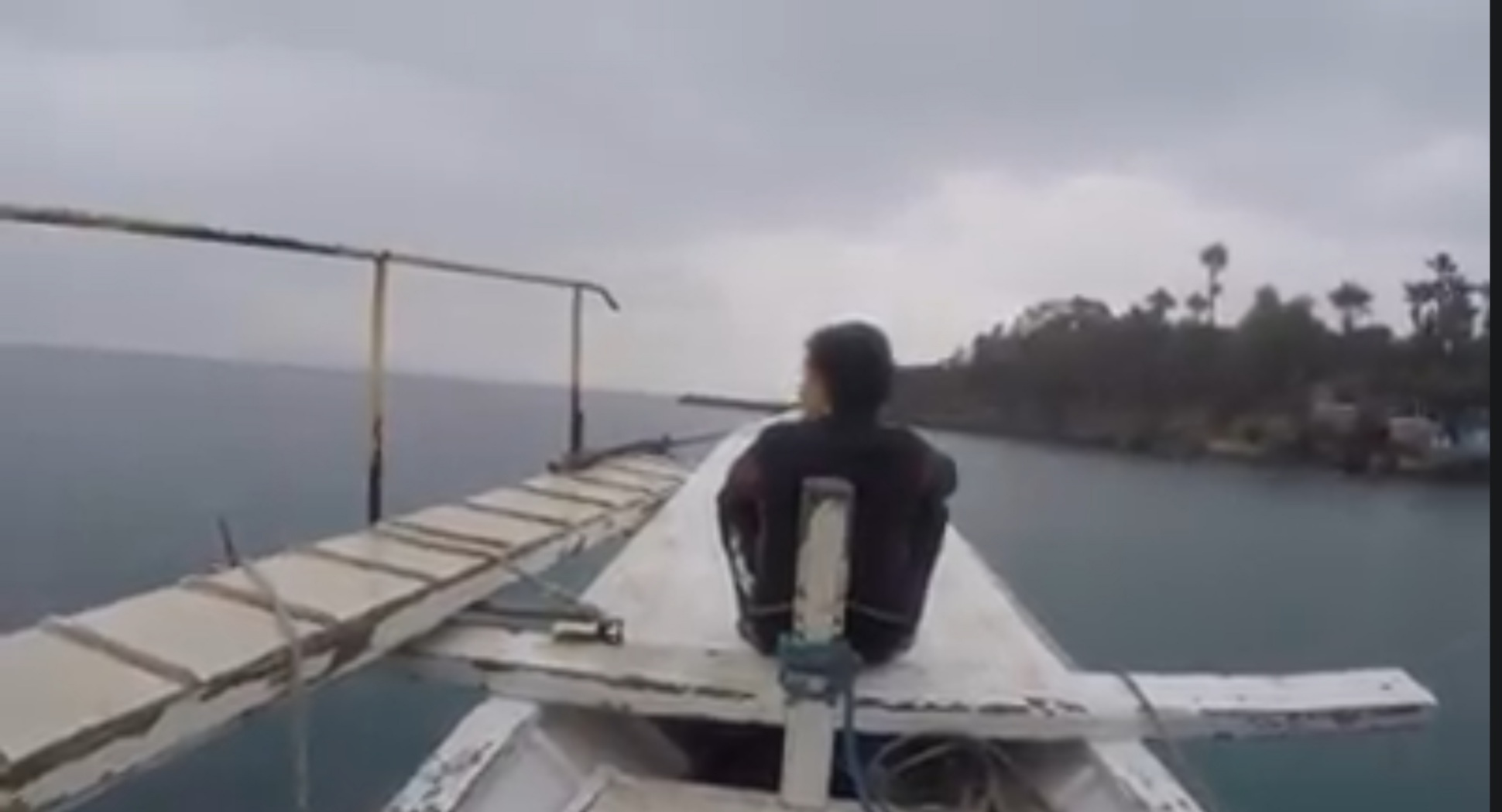Scuba diving in the philippines is a thrilling and captivating activity that allows individuals to explore the mesmerizing world beneath the waves of anilao batangas. Two of the most popular certifications offered by the Professional Association of Diving Instructors (PADI) are the Open Water Scuba Diver and Advanced Open Water Scuba Diver certifications. Whether you’re a beginner or an experienced diver, there are various PADI certification levels to suit every skill level and interest.

While both certifications offer incredible opportunities for underwater exploration, they differ in terms of skills, depth limitations, and diving experiences. In this article, we’ll delve deep into the distinctions between these two certifications, helping you choose the right path for your diving journey in the tropical island of the Philippines.
OWSD or Open Water Scuba Diver Certification:
The PADI Open Water Scuba Diver certification is the entry-level certification for individuals looking to begin their scuba diving adventures. This certification equips divers with the fundamental knowledge and skills necessary to dive safely in open water environments. Here are some key aspects of the Open Water Scuba Diver certification:
1. Classroom and Pool Training: The certification process typically begins with classroom sessions and confined water training in a pool or shallow water environment. During these sessions, divers learn essential theoretical concepts, such as dive physics, physiology, equipment use, and safety procedures. They also practice basic scuba skills under the guidance of a certified instructor.
2. Open Water Dives: Once the classroom and pool training are completed, divers progress to open water dives, where they apply their skills and knowledge in real-world diving scenarios. These dives typically take place in a controlled environment, such as a calm bay or shallow reef, under the supervision of an instructor.
3. Depth Limitations: Upon successfully completing the certification requirements, divers are qualified to dive to a maximum depth of 18 meters (60 feet) under the supervision of a certified dive professional. This depth limitation ensures that novice divers stay within safe diving limits while gaining experience and confidence underwater.

Understanding the Advanced Open Water Scuba Diver Certification:
The Advanced Open Water Scuba Diver certification is the next step for divers looking to expand their skills and experience beyond the basics covered in the Open Water course. This certification builds upon the foundational knowledge and skills acquired in the Open Water course, introducing divers to new diving environments and activities. Here’s what you need to know about the Advanced Open Water Scuba Diver certification:
1. Specialized Training: Unlike the Open Water course, which focuses on basic diving skills, the Advanced Open Water course offers specialized training in various diving specialties. These specialties may include deep diving, underwater navigation, night diving, wreck diving, drift diving, and more. Divers have the opportunity to choose specific adventure dives based on their interests and goals.
2. Practical Application: The Advanced Open Water course emphasizes hands-on learning and practical application of diving skills in real-world environments. Divers complete a series of adventure dives, each focusing on a different specialty, under the guidance of a certified instructor. These dives allow divers to gain experience and confidence in various diving situations, such as navigating underwater terrain, exploring deep reefs, and diving at night.
3. Depth and Experience: Upon completion of the Advanced Open Water course, divers are qualified to dive to a maximum depth of 30 meters (100 feet) without supervision, expanding their diving horizons and opening up a wider range of dive sites and experiences. Additionally, the course provides divers with valuable experience and knowledge that enhances their overall diving proficiency and safety awareness.
scuba diving Philippines, diving Philippines, learn scuba diving, tubattaha, liveaboard Philippines, anilao diving, scuba diving Philippines, learn to scuba dive, underwater Philippines, beach activities, sea activities, summer Philippines, tour packages Philippines, to do Philippines, to do makati, makati scuba diving, to do metro manila, to do summer, out of town activities, philippine tourism, tourist activities Philippines, snorkelling trips Philippines, beach Philippines, island resort Philippines, philippine islands, Philippines tourisism, tour Philippines, padi scuba, divemaster internship, padi divemaster internship
scuba diving Philippines, diving Philippines, learn scuba diving, tubattaha, liveaboard Philippines, anilao diving, scuba diving Philippines, learn to scuba dive, underwater Philippines, beach activities, sea activities, summer Philippines, tour packages Philippines, to do Philippines, to do makati, makati scuba diving, to do metro manila, to do summer, out of town activities, philippine tourism, tourist activities Philippines, snorkelling trips Philippines, beach Philippines, island resort Philippines, philippine islands, Philippines tourisism, tour Philippines, padi scuba, divemaster internship, padi divemaster internship
scuba diving Philippines, diving Philippines, learn scuba diving, tubattaha, liveaboard Philippines, anilao diving, scuba diving Philippines, learn to scuba dive, underwater Philippines, beach activities, sea activities, summer Philippines, tour packages Philippines, to do Philippines, to do makati, makati scuba diving, to do metro manila, to do summer, out of town activities, philippine tourism, tourist activities Philippines, snorkelling trips Philippines, beach Philippines, island resort Philippines, philippine islands, Philippines tourisism, tour Philippines, padi scuba, divemaster internship, padi divemaster internship

